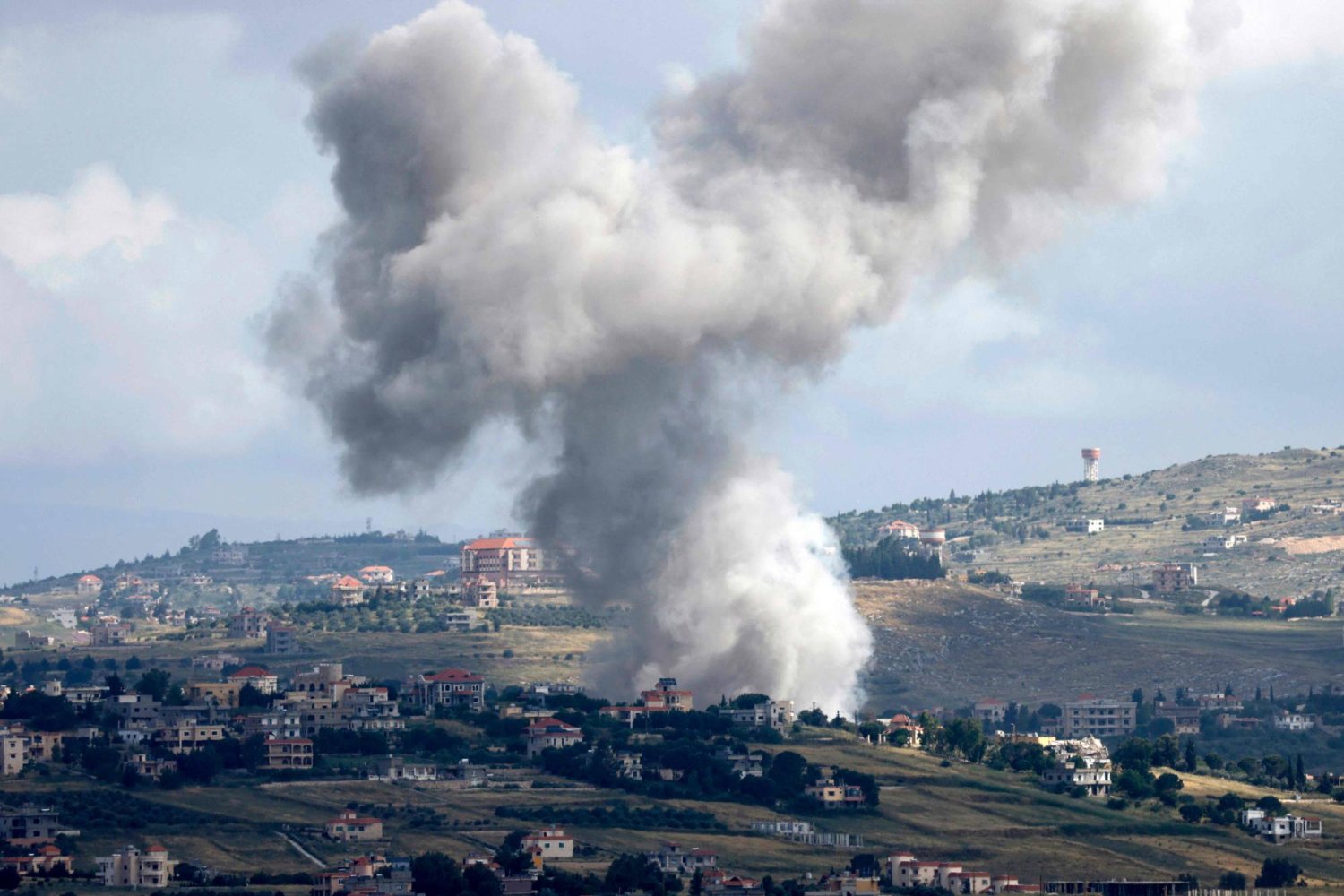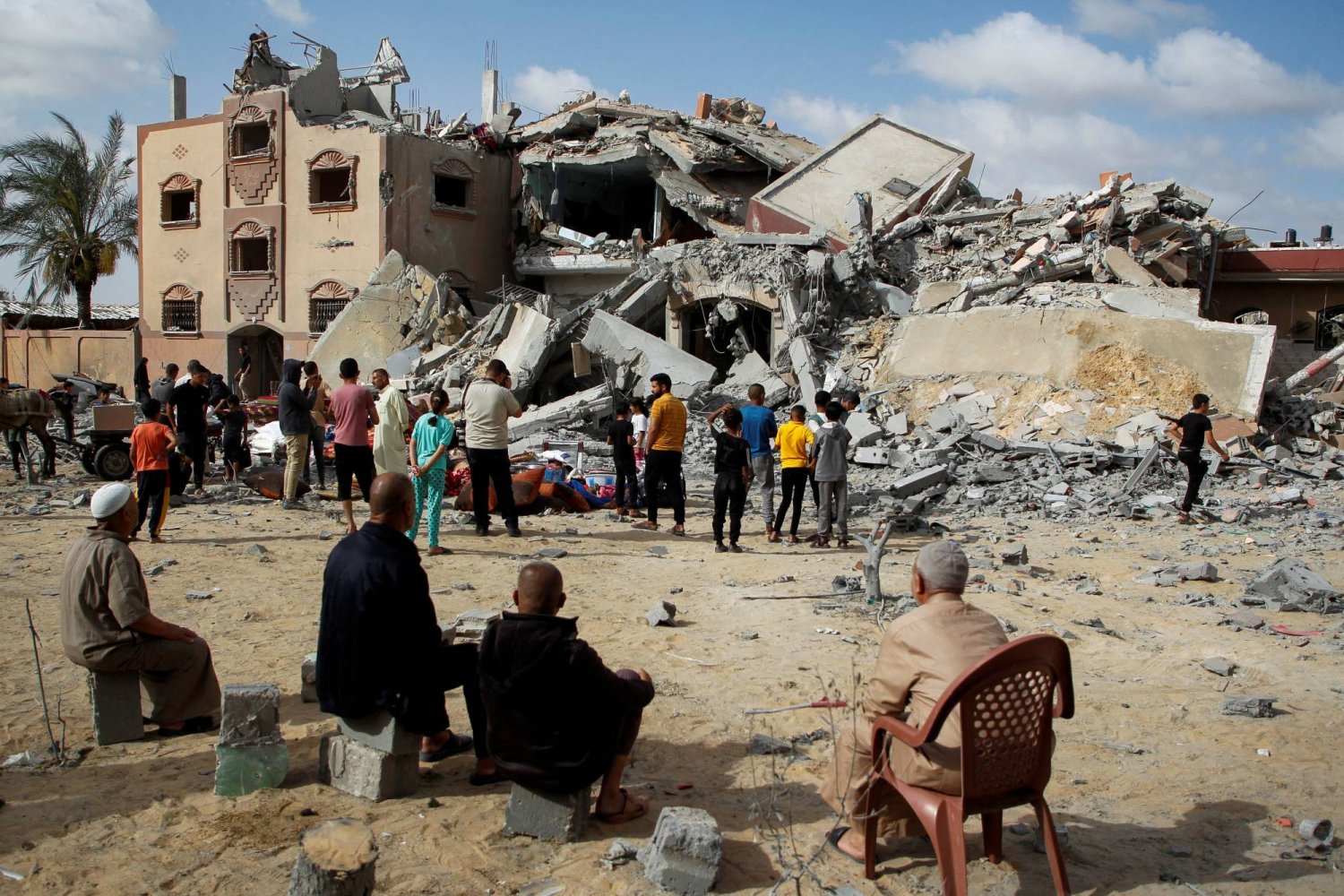The US administration is preparing to impose anticorruption sanctions against prominent Lebanese politicians and businessmen in an effort to weaken Hezbollah’s influence in the aftermath of last week’s explosion in Beirut’s port, US officials said, the Wall Street Journal (WSJ) reported.
The blast, which killed more than 170 people and injured more than 6,000, has accelerated efforts in Washington to blacklist Lebanese leaders aligned with Hezbollah, the country’s dominant political and military force. The US officials see an opportunity to drive a wedge between Hezbollah and its allies as part of a broader effort to contain its force backed by Tehran, according to the report.
Hezbollah has been part of Lebanese coalition governments for more than a decade and is the region’s most potent threat to Israel, which has bombed the group’s forces in Syria and Lebanon to prevent it from amassing advanced missiles.
The officials stressed that by sanctioning carefully selected people, they aim to shape the new government with two prime goals: compelling Lebanon’s political class to target endemic corruption that has eaten away at the country and ensuring that Hezbollah doesn’t retain its hold on government decisions.
According to the report, one key Hezbollah ally some US officials want to sanction is Gebran Bassil, a former foreign minister and a son-in-law of Lebanon’s president, Michel Aoun.
“Gebran Bassil should have been sanctioned years ago,” said Jeffrey Feltman, former US ambassador to Lebanon under President George W. Bush, in an email.
“No one has done more to enable Hezbollah’s political (over)reach in Lebanon that he has, in giving an Iranian-funded Shia militia Christian cover,” he noted.
The WSJ also cited people briefed on the discussions as saying that the US has been considering politicians and businessmen close to Bassil and others suspected of corruption, including some people close to Saad Hariri, who resigned as prime minister last October after weeks of largely peaceful antigovernment protests.
A number of US officials said they want to move quickly so that the penalties can send a message that Lebanon has to change course as it seeks billions of dollars in international aid to rebuild Beirut.
















